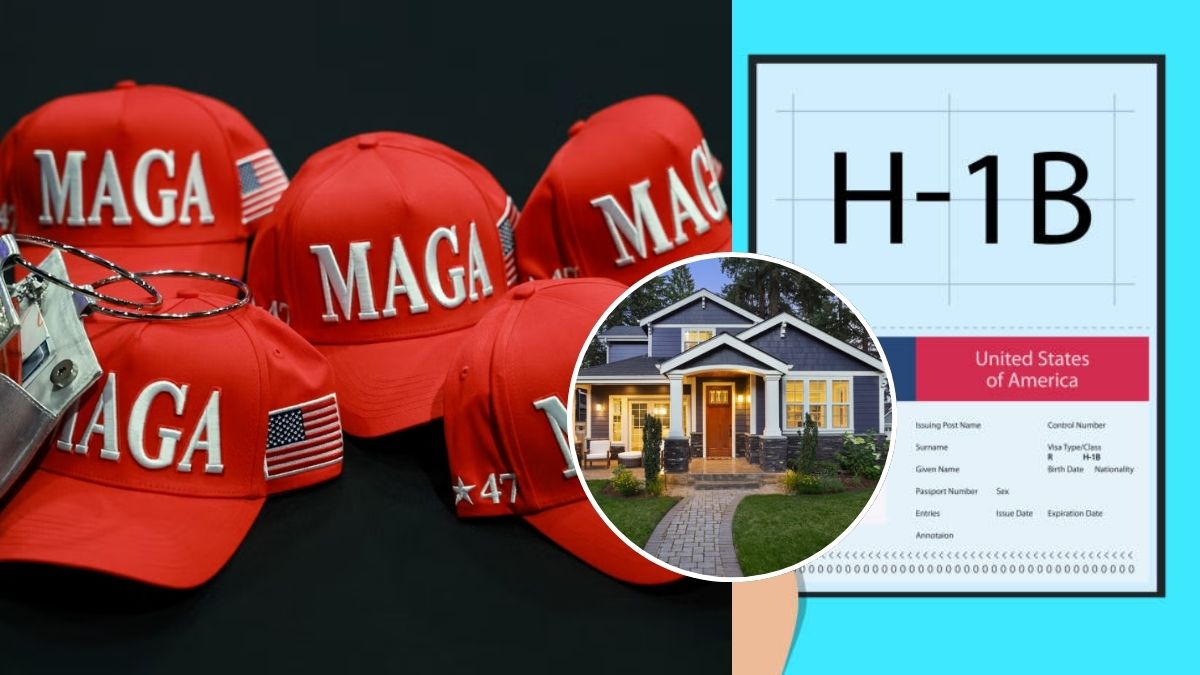HUD Restricts H-1B Visa Holders from FHA Home Loans: Impact on Housing Access
This policy change significantly limits affordable housing options for H-1B visa holders, impacting their financial stability and long-term settlement prospects in the US.
Subscribe to our newsletter and stay informed about latest H1B news, policy updates and and other developments.
Article Summary
The US Department of Housing and Urban Development (HUD) has revised its Federal Housing Administration (FHA) loan residency requirements, making non-permanent residents (NPRs), including H-1B visa holders, ineligible for FHA-backed mortgages. This policy change, enacted on May 25, aims to prioritize economic opportunities for US citizens and lawful permanent residents. Consequently, NPRs must now seek conventional mortgage options, which often have stricter criteria.
Original Article: financialexpress.com
[ Sentiment: negative | Tone: factual ]
This summary and analysis were generated by TheNewsPublisher's editorial AI. This content is for informational purposes only; it does not constitute legal or immigration advice.
[ Sentiment: negative | Tone: factual ]
This summary and analysis were generated by TheNewsPublisher's editorial AI. This content is for informational purposes only; it does not constitute legal or immigration advice.
TNP AI: Key Insights
This decision directly impacts H-1B visa holders by severely restricting their access to FHA loans, which are crucial for low down-payment homeownership. It forces them into conventional mortgage markets, which typically demand higher credit scores, larger down payments, and more stringent income verification, making homeownership considerably more challenging, especially for those new to the US credit system.
The policy, rooted in a Trump-era executive order, marks a reversal from previous guidelines that allowed NPRs access to FHA loans under certain conditions. While the immediate effect is a near-elimination of FHA loans to NPRs, the broader implication is increased financial burden and uncertainty for skilled immigrants, potentially influencing their decision to remain or settle long-term in the US. This could also prompt further debate on whether such restrictions align with broader economic goals of attracting and retaining global talent.





